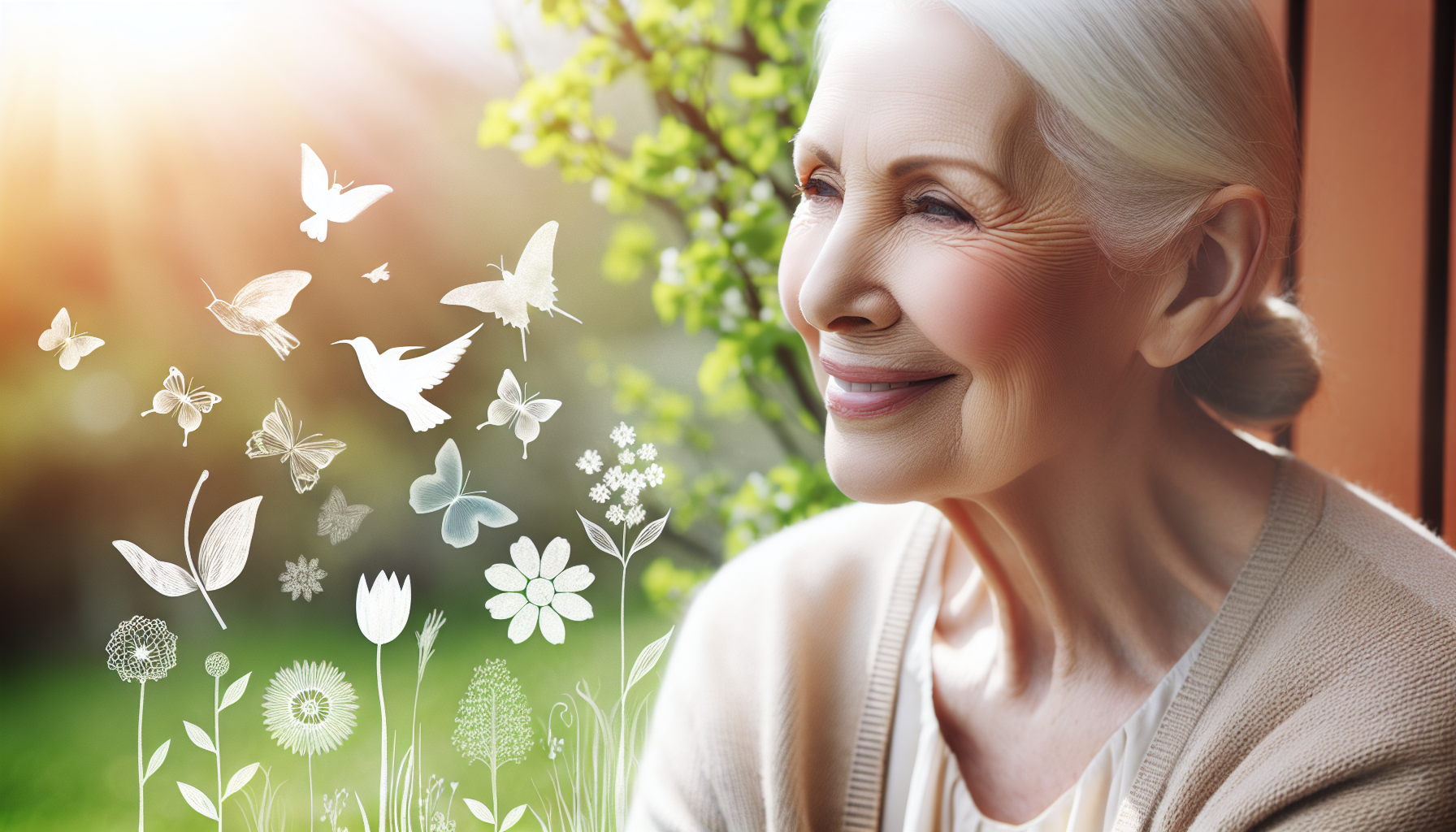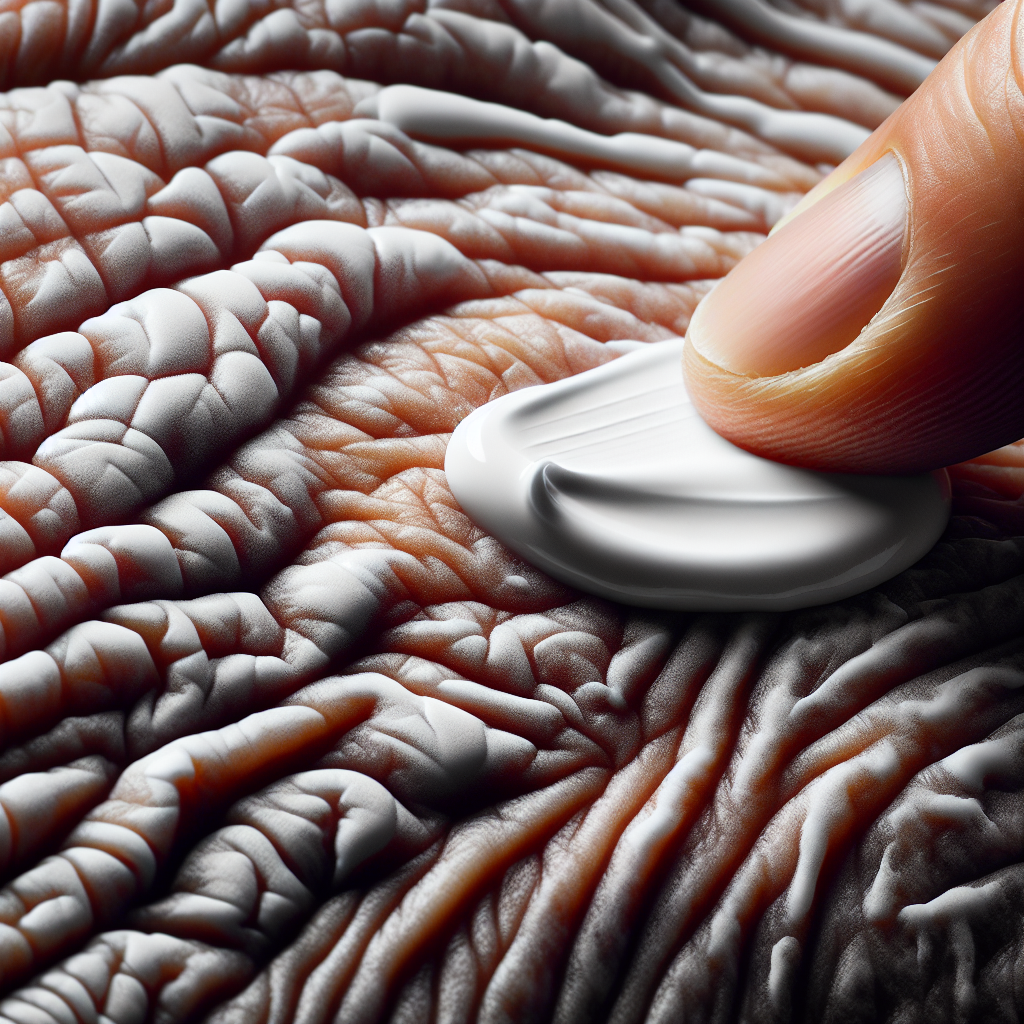As we age, our skin undergoes various changes, influenced by factors such as genetics, lifestyle choices, and environmental exposure. Maintaining skin health with ageing is not just about aesthetics; it is crucial for overall well-being, protection against environmental threats, and sustaining the skin’s vital functions. This comprehensive guide explores effective strategies to help you preserve healthy skin as you navigate through the years.
Understanding Age-Related Skin Changes
The skin is the body’s largest organ, and like any other part of the body, it is not immune to the effects of time. With age, the skin’s structure and function transform, manifesting as thinner epidermal layers, reduced elasticity, and a slower healing process. Collagen production declines, leading to the formation of wrinkles and fine lines, while decreased melanin production can result in age spots and uneven skin tone.
To gain deeper insights into the intricacies of skin health, consider exploring Skin Health, which provides a foundation for understanding how to protect and nourish your skin effectively.
Daily Skincare Routine Adjustments
An evolving skincare routine is essential to address the changing needs of ageing skin. Incorporate gentle cleansers to avoid stripping the skin of natural oils. Transition to richer moisturizers that lock in hydration and consider products with ingredients like hyaluronic acid, which can hold many times its weight in water, promoting a plumper appearance.
For targeted reading on how to adapt your skincare practices to your skin’s evolving requirements, refer to the article on Daily vs Weekly Skin Care: What You Need to Know.
Sun Protection is Key
Regardless of age, sun protection remains a cornerstone of skin health. Ultraviolet (UV) radiation accelerates skin ageing and increases the risk of skin cancer. Applying a broad-spectrum sunscreen with at least SPF 30 daily, wearing protective clothing, and seeking shade during peak sun hours are non-negotiable steps in your skin health journey.
For an in-depth understanding of how to protect your skin from the sun throughout the year, the article Choosing the Best Sunscreens for Different Seasons offers valuable guidance.
Nutrition and Skin Health
What you eat significantly impacts your skin. A diet rich in antioxidants, such as vitamins C and E, can combat free radical damage that leads to premature ageing. Omega-3 fatty acids, found in fish and flaxseeds, help maintain the skin’s lipid barrier, essential for retaining moisture and resilience.
Discover more about the correlation between dietary choices and skin health through the article titled How Diet Affects Skin Health Over Time.
Hydration Inside and Out
Hydration is a two-fold approach: drinking ample water and using hydrating skincare products. Internal hydration ensures that the cells receive the necessary moisture to function correctly, while topical hydration helps maintain a supple skin surface.
For further resources on the significance of hydration, this study provides insights into the role of water intake in skin hydration.
Exercise and Skin Health
Regular physical activity boosts circulation, delivering oxygen and nutrients to the skin and promoting collagen production. Exercise also aids in stress reduction, which can positively affect skin health.
To explore the connection between exercise and skin health, check out this research examining physical activity’s impact on the skin’s ageing process.
Professional Treatments and Regular Check-Ups
As you age, incorporating professional skin treatments can be beneficial. Procedures like microdermabrasion, chemical peels, and laser therapy can improve skin texture and tone. Additionally, regular dermatological check-ups are critical for early detection and treatment of skin conditions, including skin cancer.
For an authoritative resource on advanced dermatological treatments, refer to this comprehensive guide.
Skincare Ingredients to Embrace
Look for skincare products containing ingredients that target ageing concerns. Retinoids promote skin renewal, peptides stimulate collagen production, and antioxidants protect against environmental damage.
For specialized information on skincare ingredients and their anti-ageing benefits, this article provides a scientific perspective on various compounds and their efficacy.
Lifestyle Factors
Lifestyle choices play a substantial role in skin health. Avoid smoking, which can accelerate skin ageing, and limit alcohol intake, as it can lead to dehydration and inflammation. Prioritize sleep, as it is during these restful hours that the skin undergoes repair and rejuvenation.
To delve into the relationship between sleep and skin health, consider reading this study that discusses the impact of sleep quality on skin function and ageing.
Conclusion
Maintaining skin health with ageing is multifaceted, involving a blend of protective measures, lifestyle adjustments, and nurturing practices. By understanding the changes that occur in ageing skin and implementing the strategies outlined, you can support your skin’s health and vitality for years to come.
Remember, healthy skin at any age is achievable through consistent care, a balanced diet, and a proactive approach to skin protection and treatments. Take the time to learn about and invest in your skin, and it will serve as a resilient, vibrant barrier for a lifetime.



